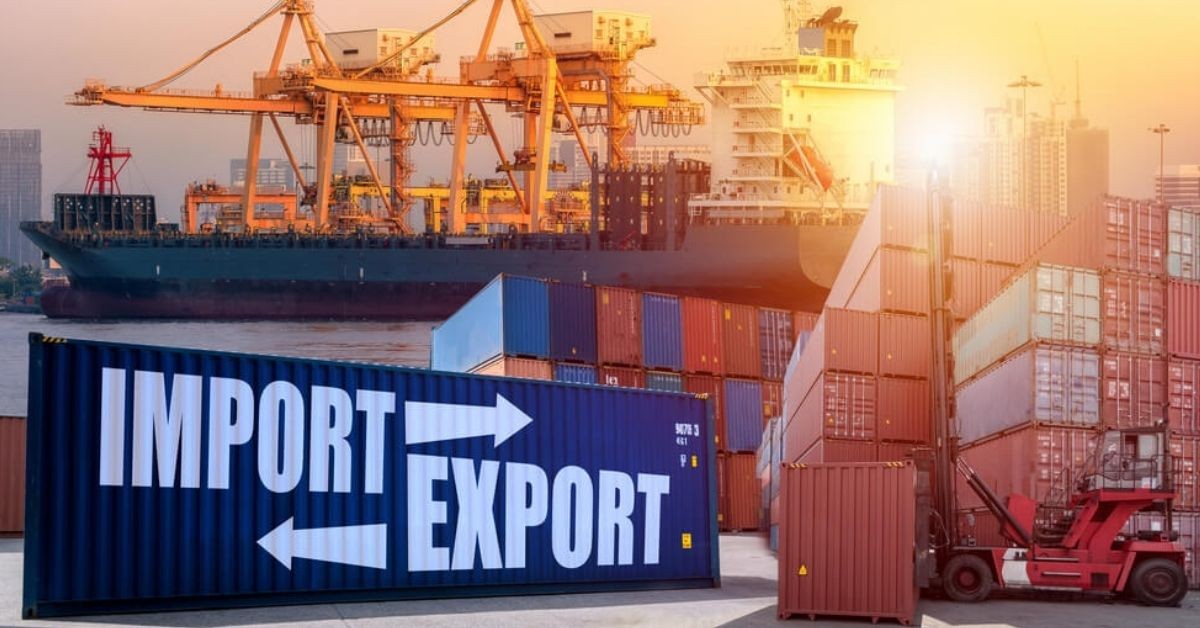The central government on Monday again deferred the launch its new foreign trade policy (FTP) due to adverse global economic conditions, and decided to extend the existing FTP 2015-20 for a further six months after receiving feedback from stakeholders against unveiling any long-term strategy amid the volatile geopolitical situation, supply chain disruptions, currency depreciation and dwindling exports, people aware of the development said.
“In recent days, exporters and industry bodies have strongly urged the government that in view of the prevailing, volatile global economic and geopolitical situation, it would be advisable to extend the current policy for some time, and undertake more consultations before coming out with the new policy,” the commerce ministry said in a statement.
The new policy, which was expected from April 1, 2020, has been postponed since March that year. In its place, the existing FTP was extended several times. It was first deferred for one year (April 2020 to March 2021) on March 31, 2020, because of the “unprecedented” situation due to the Covid-19 pandemic. The policy has subsequently been extended every six months. The FTP lays policy, objective and strategies to boost India’s exports, reduce its import dependence, and create jobs.
At a press conference, the department of commerce on September 3 said the new trade policy was ready to be unveiled by the end of this month. At least three people — a government official and two experts, who requested anonymity — said the growth in Indian exports has declined significantly in two months because of global economic uncertainties, which would require a revisit of the draft of the new FTP.
“Many countries have restricted imports of luxury goods and non-essential items, many of them are insisting on paying in local currency, which is risky because depreciation of these currencies against the US dollar. Hence, the trade strategy needed to be reworked to reflect the current global reality,” one of them working in an apex trade body said.
India’s merchandise exports in August saw less than 2% year-on-year growth at $33.92 billion, while imports surged 37.28%, according to the latest provisional data released by the commerce ministry on September 14. During this period, India’s exports to China fell by over 35% to $6.8 billion in April-August compared to $10.5 billion in the same period the previous year.
“Although crude oil prices have eased to a great extent, the depreciation of rupee against the dollar is one of the reasons for surging imports,” a second person, a trader, said. India is the third largest consumer of the fossil fuel in the world after the US and China. It imports 85% crude it processes and pays in dollar.
Benchmark Brent crude that fell to a nine-month low of $84.51 a barrel on Monday over a strong dollar and recessionary concerns, later recovered to $87.65 a barrel, and was trading at $86.85 with 0.81% gain. The rupee, however, plunged an all-time low at 81.67 against the dollar on Monday.
The deferment is an “extremely prudent” decision, said Ajay Sahai, director general and chief executive of the Federation of Indian Export Organisations (FIEO). “The global situation is very fluid, with countries facing rising inflation and uncertainty due to geopolitical development. Recession is settling in many economies and currency war is going on,” Sahai said. “This is not a good time for announcing a long-term foreign trade policy.”
“It is better to bring the policy when the situation stabilises in six months so that we assess it and accordingly draw our strategy to face the new dynamics of global trade,” he said.
Some experts, however, said the deferment would adversely impact many upcoming sectors.
Abhishek Jain, partner, indirect tax at KPMG in India said the new FTP, which was expected to be announced on September 29, has been deferred as the validity of the current FTP stands extended to March 31, 2023. “For the service industry which was anticipating some benefits in lieu of the SEIS (Service Exports from India Scheme) in the new FTP, the wait seems to continue,” he said.
“The government has received requests from export promotion councils and leading exporters that we should continue with current foreign trade policy (2015-20), which had been extended from time to time,” the commerce ministry said in a statement. The government has always involved all stakeholders in formulating policy, it said. “In view of this, it has been decided to extend the Foreign Trade Policy 2015-20, valid till Sept 30, 2022 for a further period of six months, w.e.f. October 1st, 2022,” it added.





